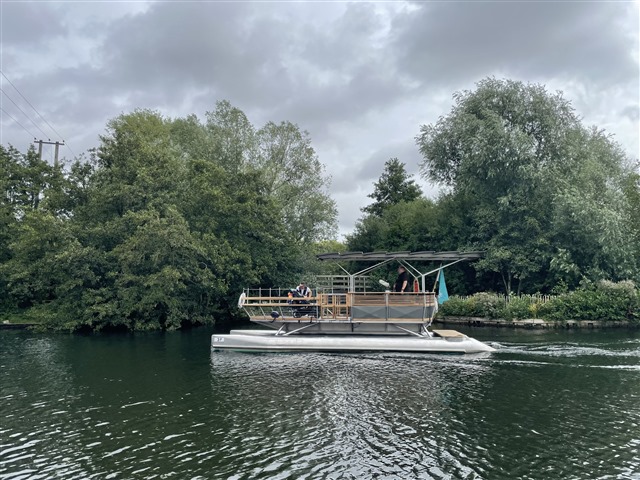Spinning off from the thread on Public Consultation: PAS 63100, I was wondering about the type of battery which may be used with a PV array. Lithium ion ones seem to be on offer, but have the disadvantage of the possibility of igniting themselves.
I have an older vehicle which has a 110 Ah lead acid battery. If it really can deliver 110 A for 1 hour (or 1 A for 110 h) at 12 V, that is 1.32 kWh and half a dozen would be 8 kWh. The one that I bought last year cost about £200.
I appreciate that the characteristics of lead acid batteries for cars, boats, caravans, etc. are different, but lead acid seems to be significantly cheaper and safer than lithium ion. Am I missing something?
P.S. If you can run a submarine on a whole compartment of lead acid batteries, they cannot be that bad!
